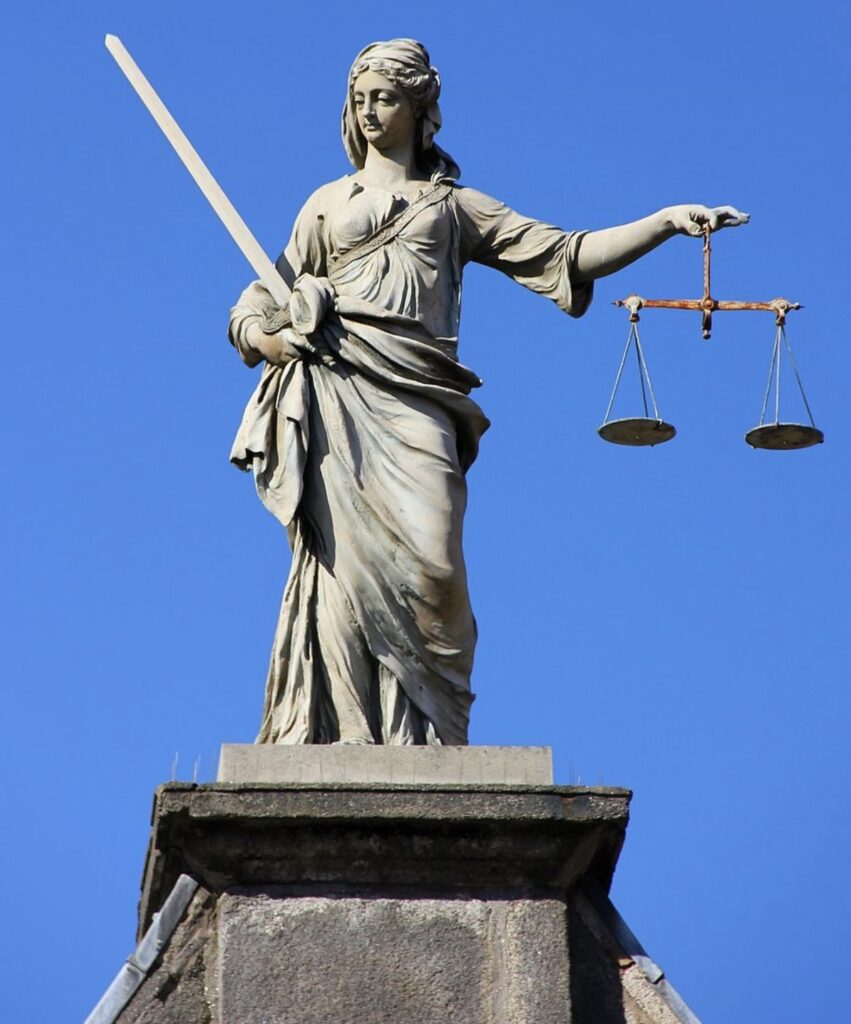Fairness
The concept of fairness has been an integral part of our legal system since at least the year 1215. During that time, over 800 years ago, the Magna Carta was signed and gave to all Englishmen (and then consequently to all Americans) the right of due process of law. The very foundation of due process of law is the concept of fairness. We try to incorporate it into our legal system in civil cases as well as criminal cases.
In further trying to make sure fairness prevails over all else, the English common law since the 1670s (which the Americans adopted as their common law at our country’s inception) has stated that the jury can return a verdict of not guilty even if the evidence and the law indicate to the contrary. In the 1670s, William Penn (later of Pennsylvania fame) was charged with the preaching to more than three people on the streets of London a religion which was not the religion of the church of England. One may recall that William Penn was a Quaker.
The jury refused to convict William Penn even when the judge told them that they had to. The judge held the jury without food and water and fined them. Even still, they refused to convict Penn of any crime, other than stating that he did preach. The appellate courts of England then recognized that a jury has a right of nullification. A jury can find a defendant not guilty in spite of what the law and evidence says. That right still exists in America today. I have seen it work on many occasions and have seen that juries intend to do what is fair despite what the law and the evidence may dictate.
Posted in Crime and Punishment, The Rule of Law


